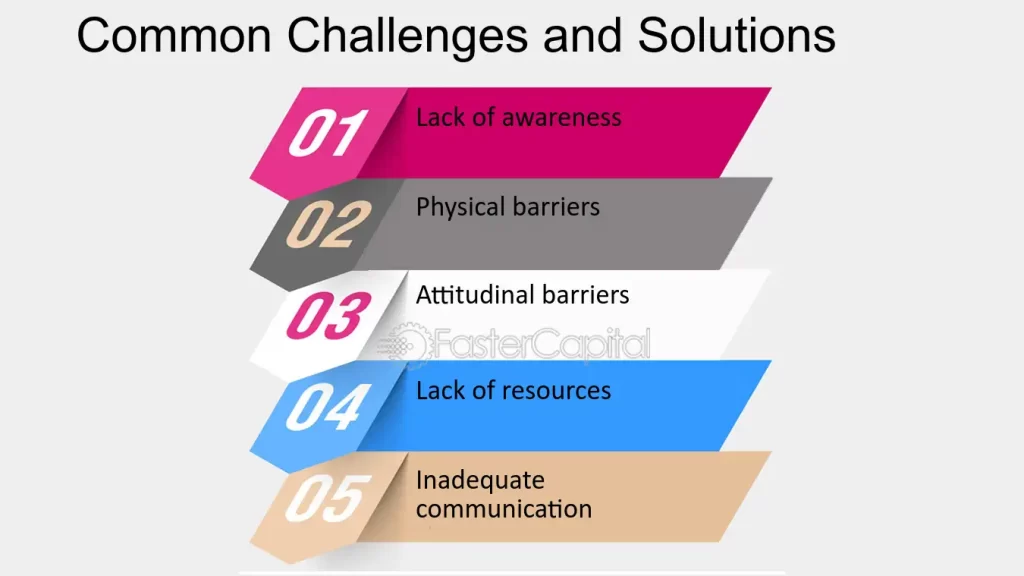AUTHOR : Sook
DATE : 28/12/2023
Introduction
Digital payment providers have significantly transformed India’s financial landscape, revolutionizing the way transactions are conducted across the nation. With the advent of technology and the surge in smartphone usage, these payment providers have played a pivotal role in reshaping financial interactions, making them more convenient, efficient, and accessible.
Importance of Digital Payment Providers in India
India, with its vast population, diverse economic landscape, and increasing internet penetration, presents a fertile ground for digital payment providers. These entities act as facilitators, allowing individuals and businesses to conduct transactions seamlessly through various digital channels. They have bridged the gap between traditional banking methods and the evolving needs of a digitally-driven society.
Evolution of Digital Payment Systems
The journey of digital payment providers in India commenced with the introduction of online banking and progressed rapidly with the launch of mobile wallets, UPI (Unified Payments Interface and other innovative solutions. These advancements have democratized financial services, empowering individuals from all walks of life to participate in the digital[1] economy.
Role of Payment Providers in India

Payment providers play a multifaceted role in the Indian financial ecosystem[2]. They not only facilitate transactions but also contribute significantly to enhancing financial inclusion. With the accessibility of smartphones and the internet, even rural areas have witnessed the adoption of digital payment methods, enabling previously underserved populations to access financial services. Payment provider digital files in India streamline financial transactions by securely storing and transmitting payment data. These files enable seamless integration with banking systems, ensuring compliance with RBI regulations. With advanced encryption and real-time processing, they enhance security and efficiency. As digital payments grow, these tools are essential for a robust payment ecosystem.
Key Players in India’s Digital Payment Scene
The digital payment sector in India boasts a mix of established players and nimble fintech startups. Companies like Paytm, PhonePe, Google Pay, and others have gained widespread acceptance. Simultaneous startups are disrupting the market with innovative solutions, fostering healthy competition and driving continuous improvement in services.
Challenges and Solutions

While digital payments[3] offer immense benefits, they also bring challenges. Security concerns, including data breaches and fraud, remain a significant worry. Regulatory frameworks continually evolve to address these challenges, ensuring a safer environment for transactions. Additionally, continuous innovation and adaptability are keys to mitigating risks and staying ahead in this dynamic landscape.
Impact of Digital Payment Providers
The impact of these providers extends beyond convenience. Their proliferation has contributed to India’s economic growth [4] by streamlining transactions, reducing cash dependency, and fostering transparency. Moreover, the societal implications are noteworthy, as digital payments empower individuals financially, leading to increased participation in the formal economy [5].
Future Trends

Looking ahead, advancements in technology will continue to shape the future of digital payments in India. Emerging technologies like blockchain, AI, and biometrics will likely redefine the payment experience, making it more secure, efficient, and user-friendly. The focus will remain on enhancing customer experience while ensuring robust security measures.
Conclusion
In conclusion, digital payment providers have revolutionized India’s financial landscape, offering convenience, accessibility, and efficiency. Their role in fostering financial inclusion and driving economic growth cannot be overstated. As technology advances further, these providers will continue to evolve, ensuring a seamless and secure digital payment experience for all.
FAQs
- Are digital payments safe in India? Digital payments in India follow stringent security protocols, but users should also take precautions like using secure networks and updating apps regularly.
- How do digital payment providers contribute to financial inclusion? By offering accessible and user-friendly services, these providers bring financial services to underserved populations, bridging the gap between traditional banking and the unbanked.
- What sets apart established players from emerging fintech startups in India’s digital payment sector? Established players often have a wider user base and more extensive service offerings, while startups bring innovation and agility to the market.
- What regulatory measures exist to safeguard digital transactions in India? The Reserve Bank of India (RBI) and other regulatory bodies enforce guidelines and standards to ensure the security and integrity of digital transactions.
- What can we expect in the future of digital payments in India? Advancements in technology, enhanced security measures, and a focus on user experience will continue to shape the future of digital payments in India.

